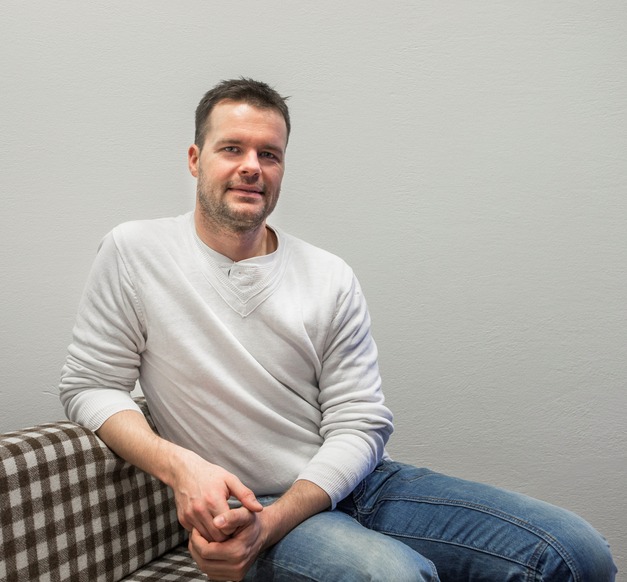Jukka Heinonen, Associate Professor at the Faculty of Civil and Environmental Engineering
“It is clear the environmental impact of Icelanders in significant outside the country, since a large part of the goods they consume are imported. How significant or serious this impact is will be interesting to see.”
This is what Jukka Heinonen says about a study he leads where the ecological footprint of Icelanders is evaluated, i.e. the impact Icelandic society has on the environment abroad. Iceland influences the environment in other countries through importing products and raw materials produced elsewhere. The doctoral candidate Sigurður Eyberg has been hired to work on the study with Heinonen.
Jukka Heinonen
"The ecological footprint is made in areas far from the consumers and outside the jurisdiction of the Icelandic government.”

The ecological footprint as a measurement of how much of the Earth’s resources people use to fulfil their needs, and how much waste or pollution this consumption entails. Sigurður Eyberg’s master’s thesis in environmental and resource studies showed that “Iceland seems to have the largest ecological footprint in the world, according to the methodology applied”.
“The results of this research will therefore be interesting”, says Heinonen, “they will no doubt be significant because they will show how much of the impact Iceland has on the environment is not local. The ecological footprint is made in areas far from the consumers and outside the jurisdiction of the Icelandic government.”
According to Heinonen the study is the first in this field, however, it follows directly from his former research on carbon footprints based on consumption.
“The subject has both theoretical and practical value since knowledge about these things is scarce.”
Heinonen expects to publish his results in prestigious science journals, “and I am confident they will be discussed in the academic community. I also expect them to pique the public’s interest and become a topic of conversation in society.”


